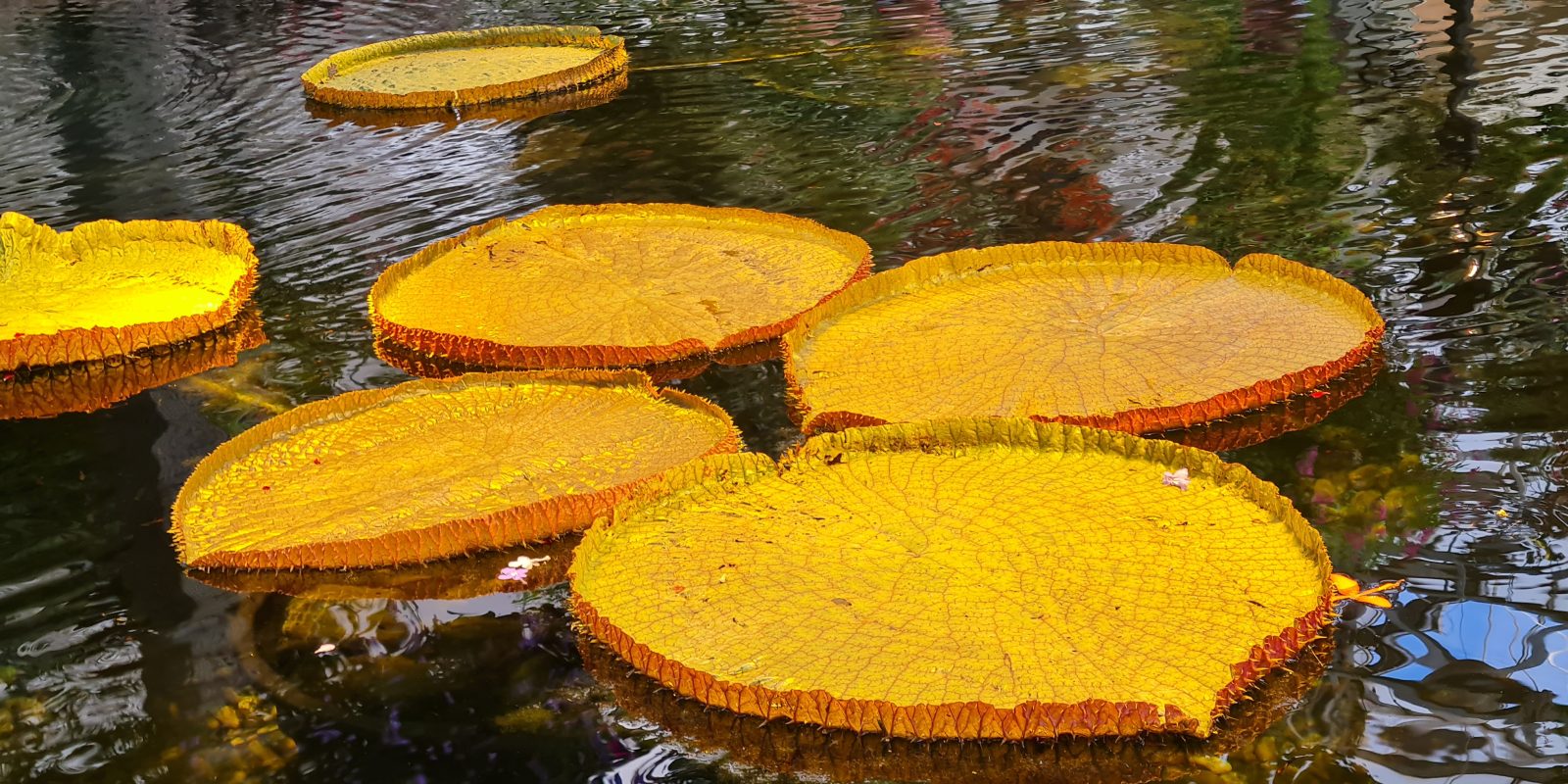Why would anyone gloat over someone else’s illness? It seems that the writer is just as afraid of other people’s reactions as he is of death that threatens. Read this: “My eyes waste away because of grief; they grow weak because of all my foes.”
I am languishing,” he writes.
It’s so painful to watch someone suffer; and when that someone is a close friend, or member of your family, you feel it hard. For your beloved child, you’d want to share or even to bear the pain instead.
When the sufferer is someone whom you know to be the sole breadwinner of the family, that person’s grave illness evokes your sympathy for their dependents.
Sickness has no friends. It can happen to anyone. We witnessed how COVID 19 raged and damaged and severed familial and social connections. And since sickness has no friends, it’s never wise to celebrate the health challenges that others face.
I wonder though, why the “workers of evil” have such a hold on the sick man; even though at the start he prayed that the Lord would not rebuke him in anger or discipline him in wrath. Is it that he is mixing up discipline or punishment with the illness that had befallen him?
Then maybe we should all do some introspection when we fall ill. Of course, we should do that 24/7, but we can’t or don’t. Introspection happens best at special times conducive to reflection, when distractions are fewer. When we get sick, we might well be fully conscious, down on our back, with prime time for thinking in ways that we wouldn’t when the hum drum and busy business demand so much attention.
I recall being severely bitten by a dog and forced to spend some time lying on my back, noticing cobwebs in the ceiling, that I didn’t see before. But my view wasn’t just this mess. I noticed the beautiful knots in the wood of the close-board ceiling, so that even while I rested my body and feasted on some formerly neglected beauty above my bed, the atmosphere encouraged reflection.
Yes, I know that the pain in my right ankle where the dog had tried to separate my leg from my foot is nothing compared to the agony that many face. This man was “moaning every night, flooding his bed with tears, drenching his couch with weeping,” so, it seems, his sickness had continued for some time. All this while he was asking God to save him from death, “for in death there is no remembrance of you; in Sheol who can give you praise?”
How would he know? He hadn’t been there before. And did he, or do we consider that death is sometimes the healing option?
Don’t get me wrong. I live in the Netherlands, yes; but I’m not sold on euthanasia. It shows little respect for the sanctity of life. When, some twenty-eight years ago, one neurologist told my siblings and I that it would be a waste to keep our mother in intensive care “if she don’t die tonight” (the Frenchman spoke in broken English) how would any of us have known that she had nearly seven years more of good quality living. Yes, she was comatose for some of that period, but she emerged from that experience with her witty self, with live brains that recalled amazing stuff and her happy life encouraged us to live well.
Why am I bringing this up? For my part, after her brain aneurism, I didn’t know exactly what to pray for, for her to live or die. It’s the first time I recall truly praying fervently yet leaving it all to God’s will. “Your will be done”. So, if God’s will is for the recovery of your loved one, or even your enemy, respect that and help them pray, and never gloat over someone else’s illness, even if that person might have foolishly rejoiced at yours.
Who knows? The Lord may hear your supplication and accept your prayer (v.9)

